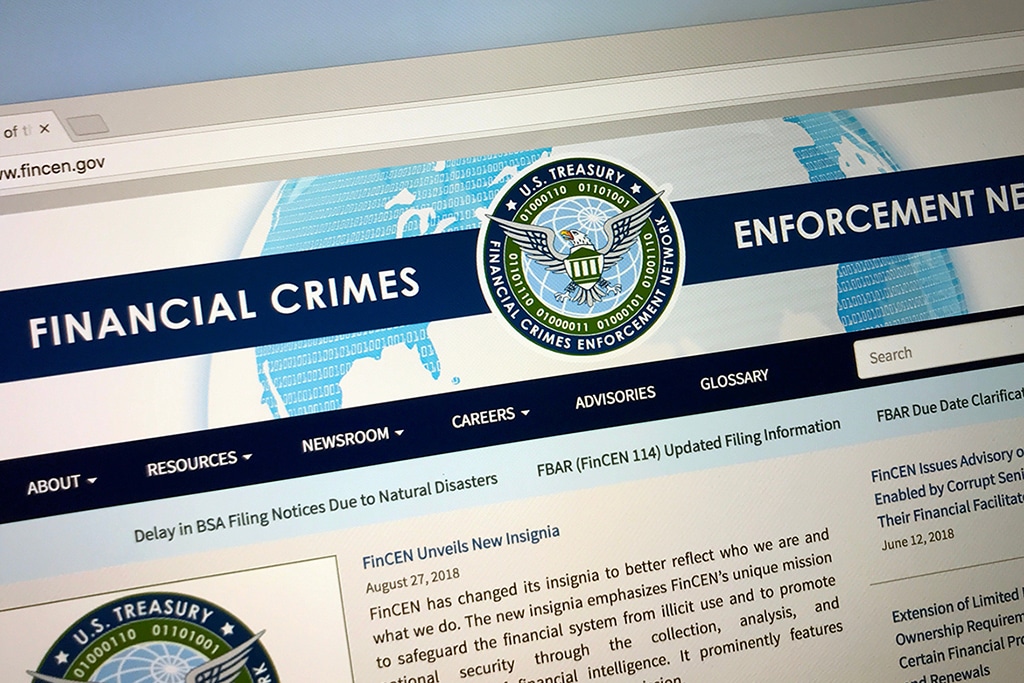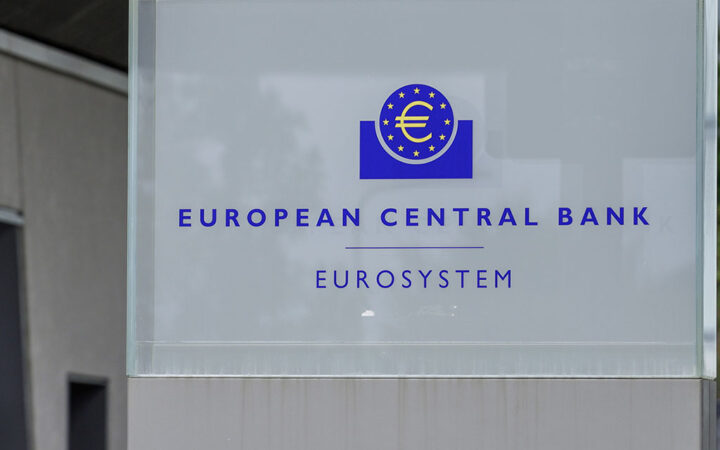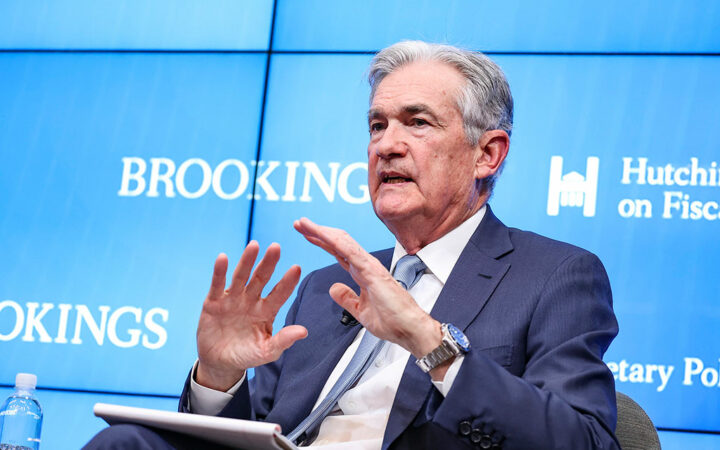
Let’s talk web3, crypto, Metaverse, NFTs, CeDeFi, meme coins, and Stocks, and focus on multi-chain as the future of blockchain technology. Let us all WIN!
Protecting customers from fraud and money laundering remains the utmost priority for the U.S. Financial Crimes Enforcement Network (FinCEN).

With financial institutions legalized by the FinCEN to act as crypto custodians, their responsibility has been added on top of existing Anti Money Laundering laws. Cryptocurrencies have proved to be favorable assets used for illegal activities and at the same time vital to improve the siloed infrastructure to meet 21st century customer needs.
According to the United States Financial Crimes Enforcement Network (FinCEN) director, Kenneth Blanco, Banks should be more cautious than before as their exposure with cryptocurrency increases by the day.
Blanco warned the banks that it is their responsibility to keep track of cryptocurrencies’ transactions as they will be liable for illegal activities aided by their services. In addition, he clarified that not only crypto exchanges are at risk of examiner assessment but also all banks dealing with the cryptocurrencies.
Blanco explained:
“To be clear, exchanges are not the only ones with crypto risk exposure. These risks are not unique to money services businesses or virtual currency exchanges; banks must be thinking about their crypto exposure as well. These are areas your examiners, and FinCEN, will ask you about when assessing the effectiveness of your AML program”.
The United States is rushing against time to compete with the Chinese government that is rallying to launch a digital Renminbi. As a result, the U.S government agencies have been keen in lobbying for policies that favors crypto adoption in the country. Besides, the Fed have been quoted saying that works are in progress in developing a digital dollar to compete with other global CBDCs. Hereby, the country will be in a better position in retaining the dollar’s dominance in the global reserve currency market.
However, the greatest concern remains money laundering due to the level of anonymity with most crypto projects including Bitcoin. The blockchain technology makes it difficult for the law enforcement to keep track of transactions since there are less personal credentials involved in the process. Since Bitcoin came into the market, over a decade ago, Darknet markets have thrived in the close watch of law enforcement.
Illegal activities have moved away from the streets to white collar crime, hence making it extremely challenging for the law enforcement to fully take control. Prior reports have indicated that a huge portion of the circulating Bitcoins are with dark web markets, stashed by cyber criminals, while others lost through fraudulent transactions in the Darknet markets.
Protecting customers from fraud and money laundering remains the utmost priority for the U.S. Financial Crimes Enforcement Network (FinCEN). Current FinCEN regulations (FIN-2019-A003) state that it is the responsibility of all financial institutions to identify and report suspicious activity concerning how criminals and other bad actors exploit card verification checks for money laundering, sanctions evasion, and other illicit financing purposes.
Disclaimer: Coinspeaker is committed to providing unbiased and transparent reporting. This article aims to deliver accurate and timely information but should not be taken as financial or investment advice. Since market conditions can change rapidly, we encourage you to verify information on your own and consult with a professional before making any decisions based on this content.

Let’s talk web3, crypto, Metaverse, NFTs, CeDeFi, meme coins, and Stocks, and focus on multi-chain as the future of blockchain technology. Let us all WIN!




